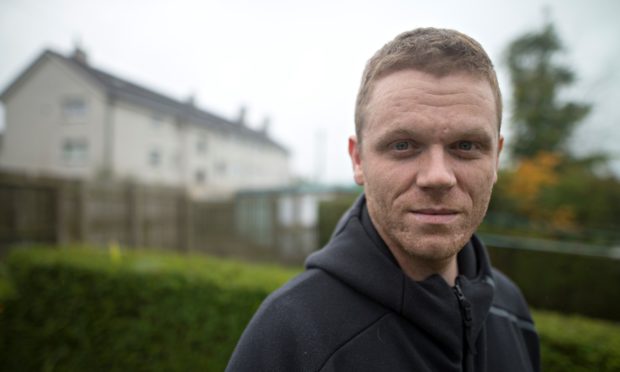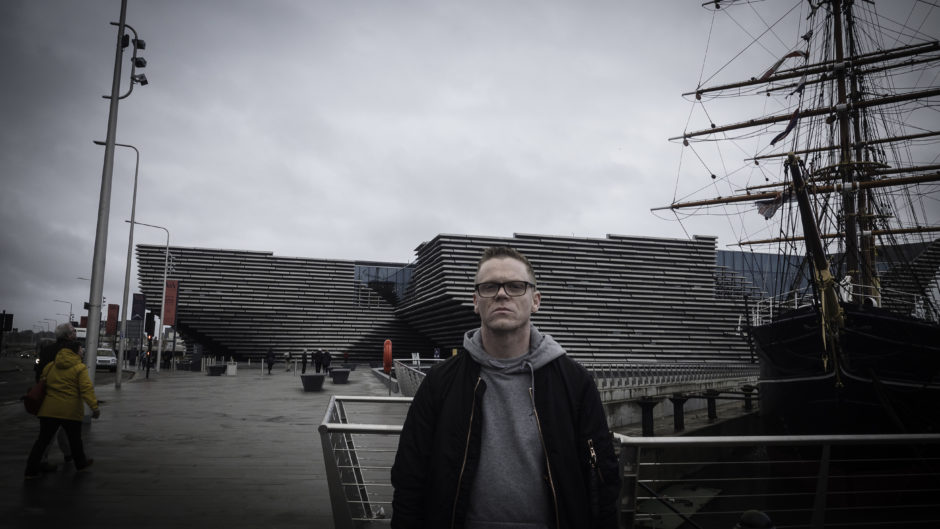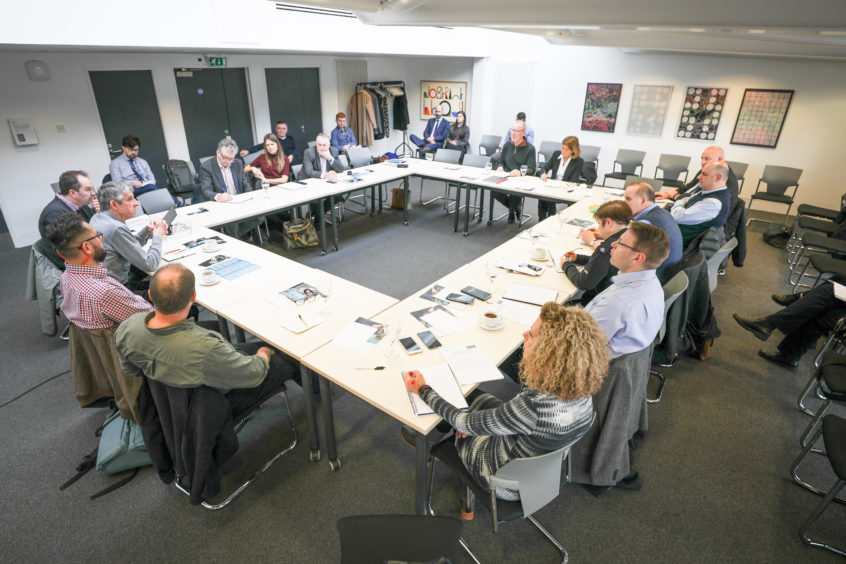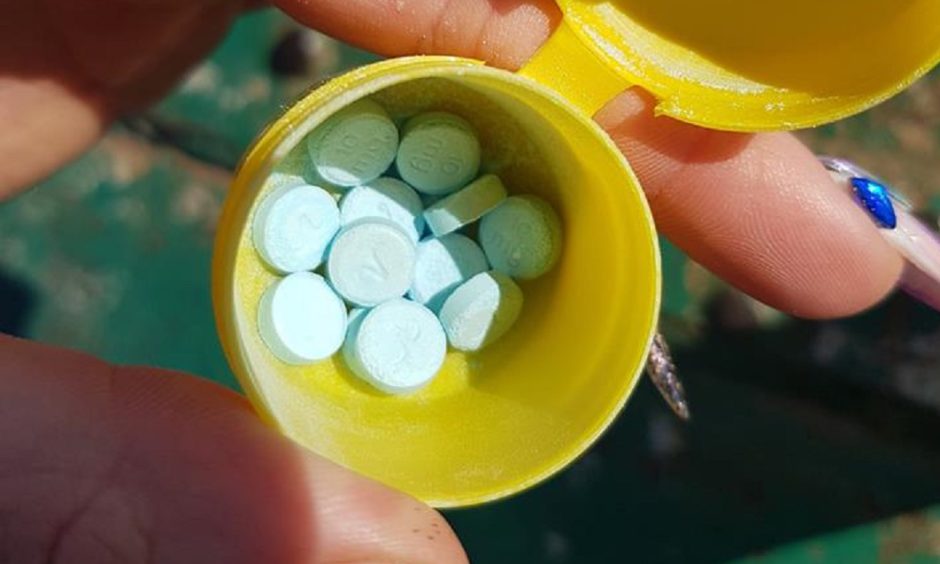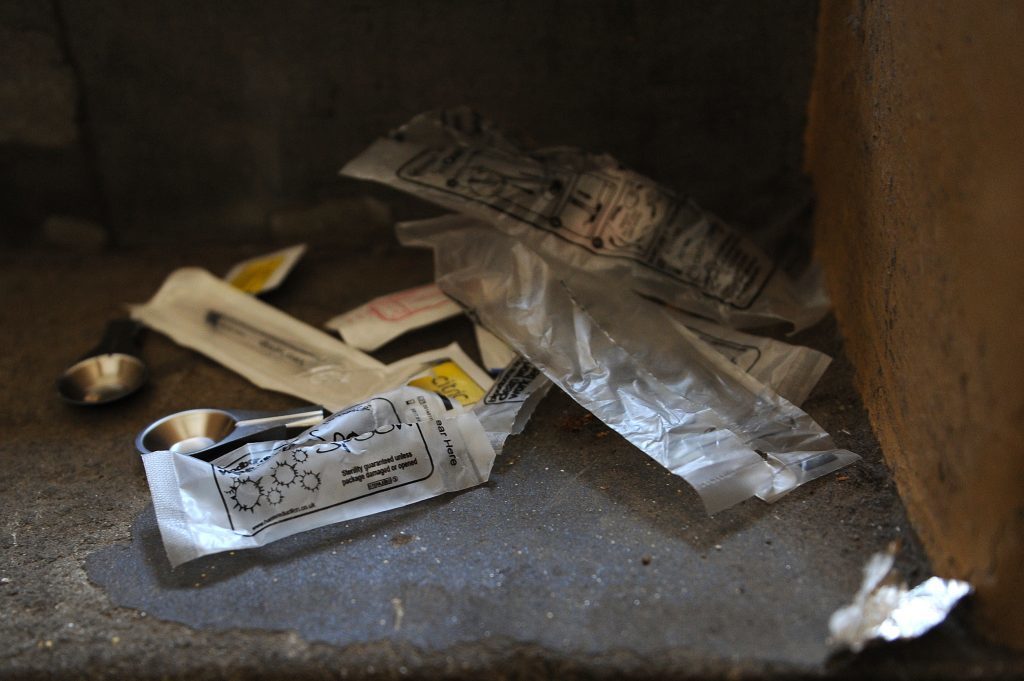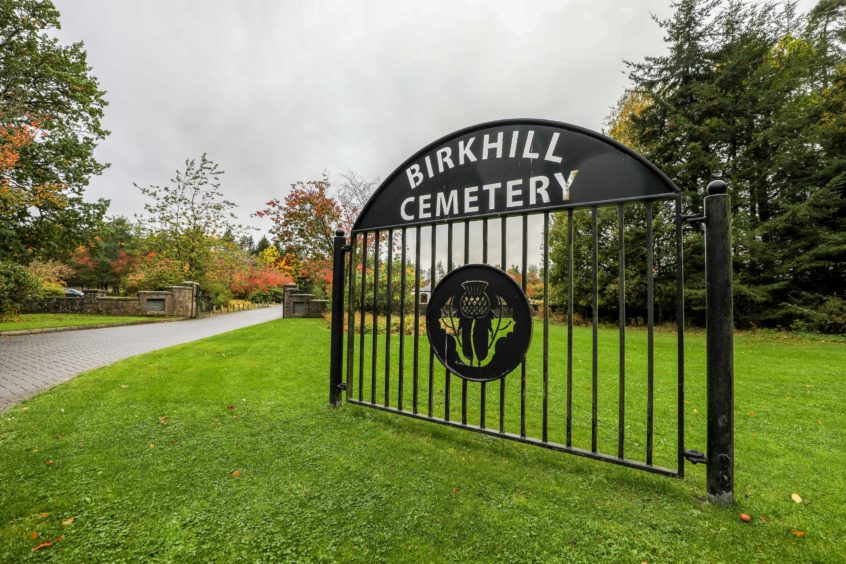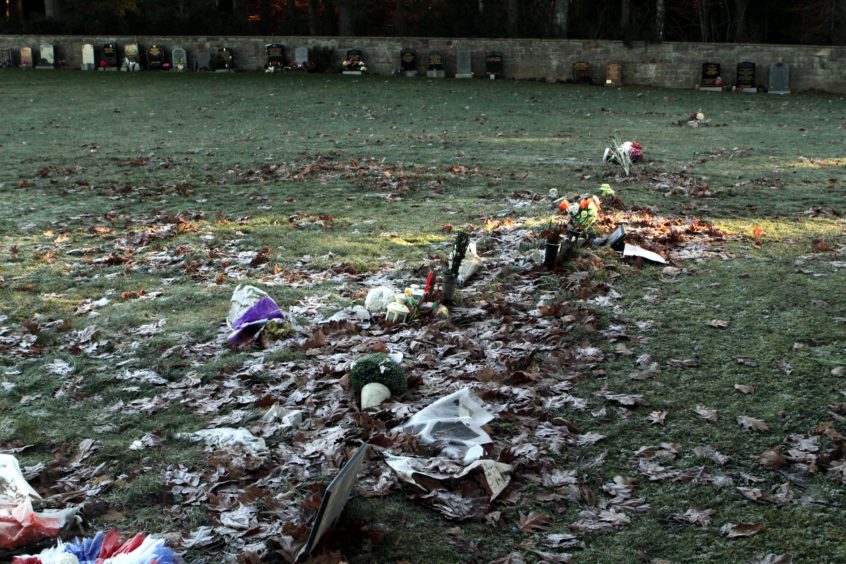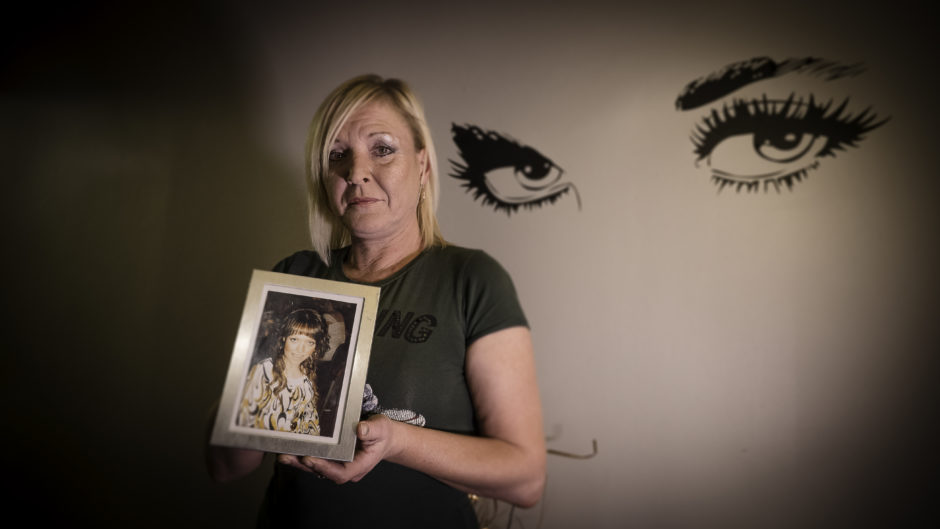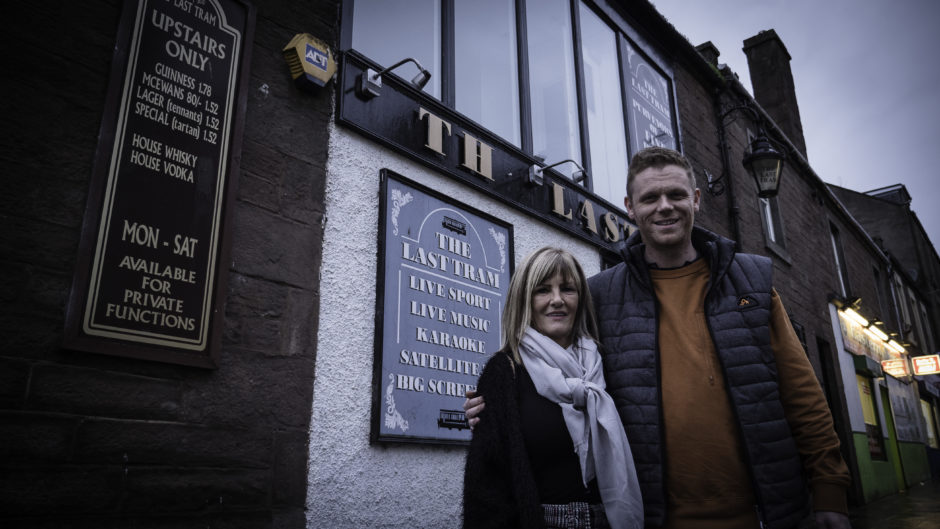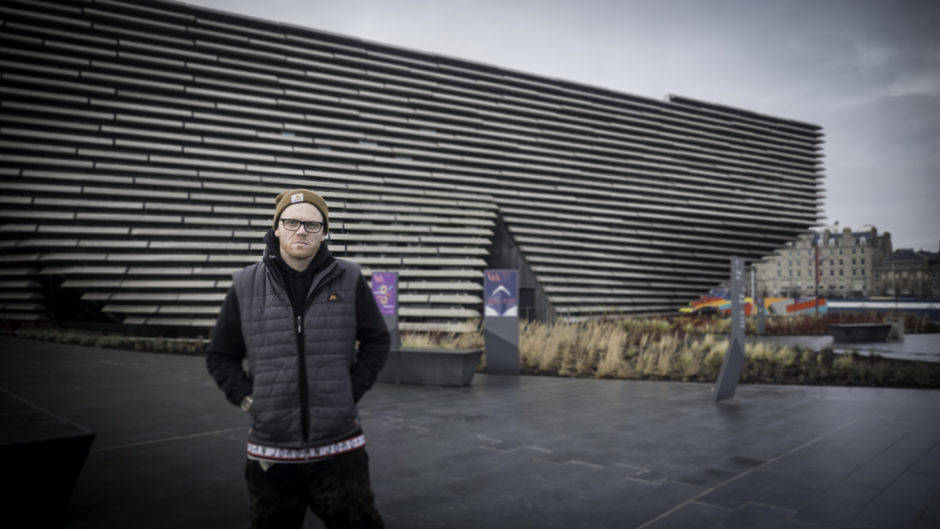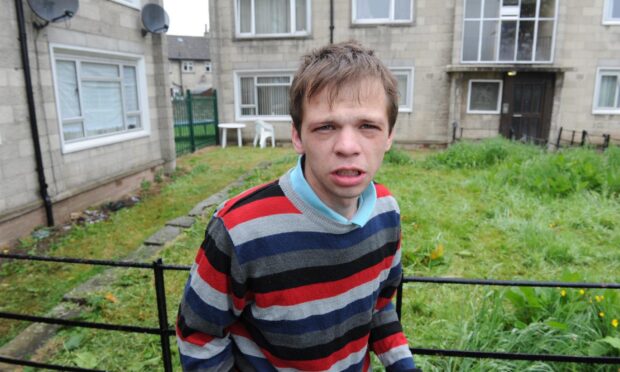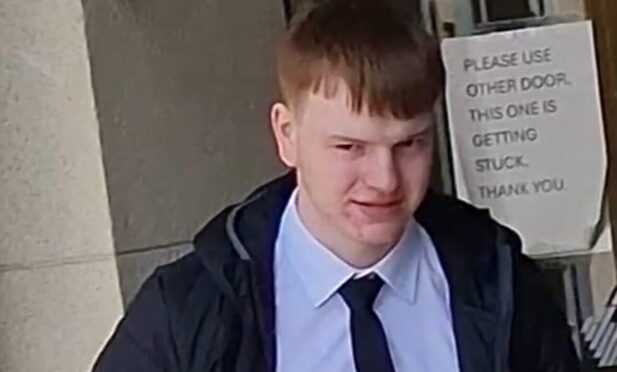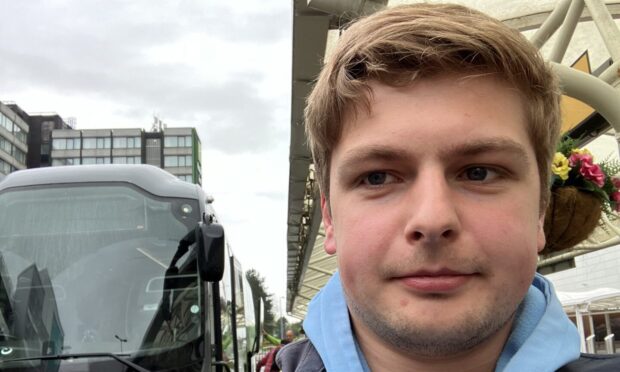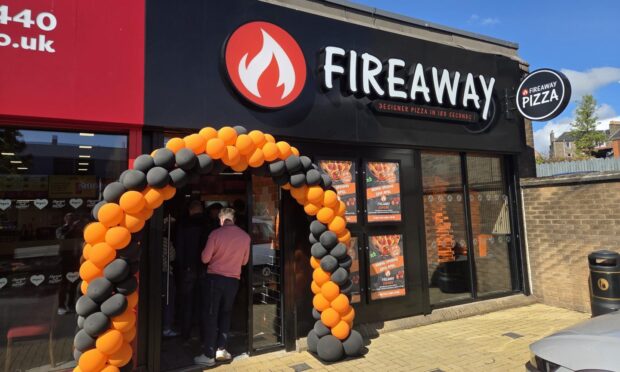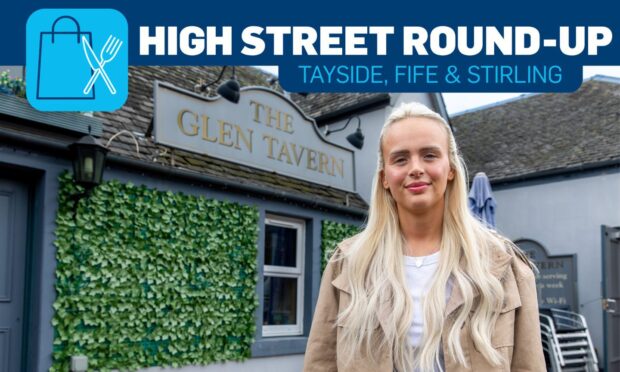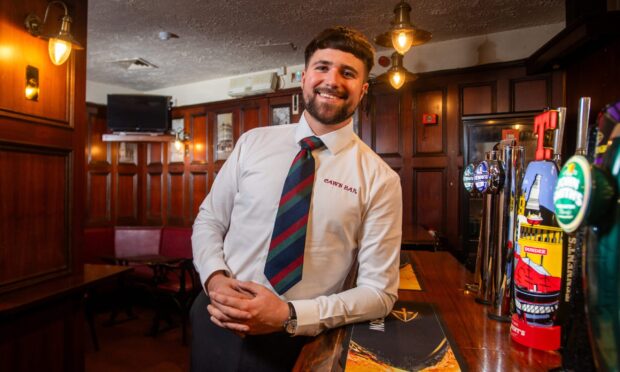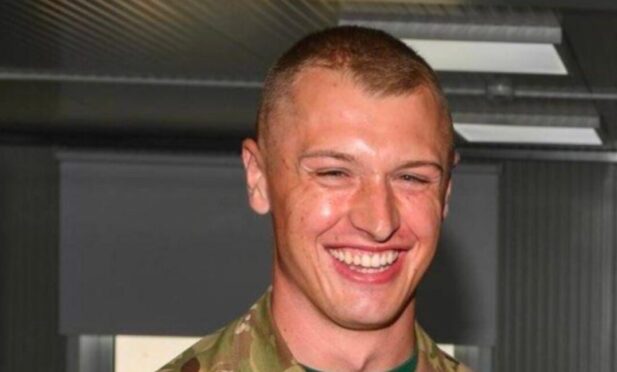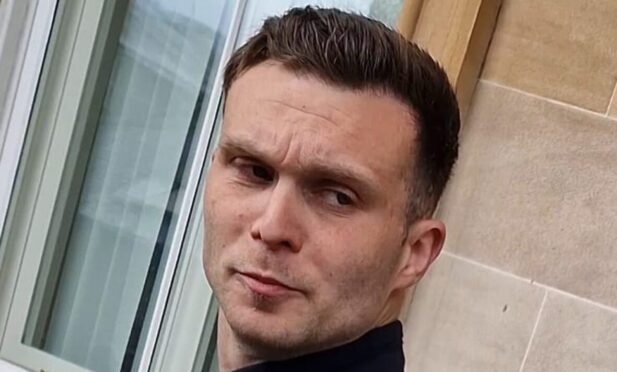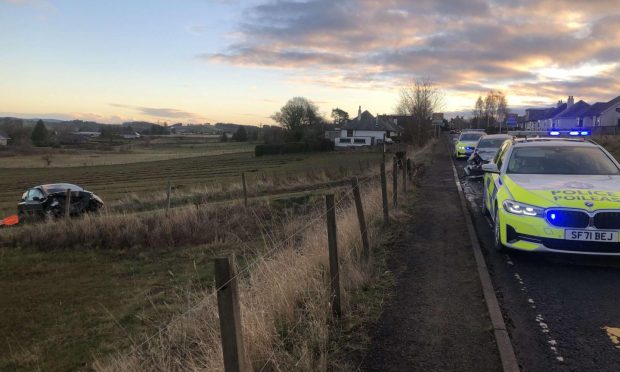Ahead of a hard-hitting documentary, Michael Alexander speaks to activist, rapper and prize-winning author Darren McGarvey about the human tragedies behind Dundee’s drugs crisis.
Growing up amid a sea of poverty in Pollok, Glasgow, rapper and social commentator Loki told in his 2018 Orwell prize-winning book Poverty Safari how by the age of 18 he was “just another statistic – another angry, confused young man with alcohol and drug problems”.
But in an interview with The Courier, the former drug user, whose mum died of alcohol-related problems, has revealed he was “shocked” by the scale of the drugs crisis when he visited Dundee for a new documentary series which tackles the “biggest ugliest issue facing society”.
The first episode of the series focuses on Dundee, which in 2018 celebrated the opening of the V&A as it also became Europe’s so-called drug death capital.
But while the statistics of 66 drug deaths in the city last year are shocking, it’s the desperate human stories behind the numbers that really hit home as Loki – real name Darren McGarvey – immerses viewers in a “world defined by poverty”.
As well as exploring the human tragedy of drug deaths, he gains a heart breaking insight into the grief of the families left behind, the fear of families who think their drug using sons and daughters will be next – as well as acknowledging the often devastating impact on victims of drug crime.
The programme sees him find hope in a locally-driven project, with a support group of individuals helping each other towards recovery from their drug addiction.
Yet there are no easy answers, when treatments such as the substitute drug methadone have in turn created another tranche of addicts.
“There’s no question that the scale of the drug problem in Dundee in terms of how it’s impacting families and communities is not conveyed very effectively by statistics,” Darren, 35, told The Courier.
“All of the people that I spoke to – they are all dealing with some kind of grief.
“They are grieving for someone who’s died or they are grieving for someone who’s heavily addicted and beyond help.
“They are dealing also with the fear it’s going to happen to them next.
“Often drug users operate within quite tight knit communities and take care of each other.
“When three of them are dying every week there’s a massive shadow of grief cast over people.
“And if they’ve been using drugs to cope with difficulties, with that shadow of grief hanging over them, everyone’s drug use will increase and that then increases the likelihood of overdose.”
Having been in a “bit of a bubble” while promoting his book, Darren said he had to “refocus” for the documentary and understands where negative attitudes by society towards addicts and poor people come from.
He thinks this “irritation and resentment” is a natural impulse “rooted in a feeling of helplessness” by the public who become “hardened” to seeing issues on the streets day in day out.
This can sometimes be supplemented by “ungenerous media coverage”, he said.
But behind every statistic there is a life. And there’s often the same mix of background factors behind addicts – social exclusion that began in a mainstream classroom then a downward spiral of coming into contact with social workers, charities, police and criminal justice – perhaps being “misunderstood or misinterpreted by people who don’t have the insight into that experience by virtue of their own social class.”
Darren goes as far as to say that even people who are trying to help can sometimes hinder the process, and that’s a difficult topic to broach.
He says it’s a combination of “middle class sensibility and the vast public ignorance about the nature of addiction” that’s really creating the circumstances for the “political inaction” that leads to these deaths increasing.
“It’s interesting when you think about this issue of accountability,” he said.
“The status quo is that the drug users are accountable – for their drug taking, the social impact and for their own death.
“But a lot of the people who are talking the language of personal responsibility – actually they are not very accountable for much.
“Think of all the over prescription of the opioids and benzodiazepines in the 1990s by middle class doctors and middle class people in pharmaceutical companies.
“There’s never any kind of reflection – did it not occur to anyone that introducing chemicals that reduce stress into our most challenged communities might create problems further down the line?
“Why were these drugs green lit in the first place?
“I’m not dismissing that self-efficacy is important. We’ve learned so many lessons about alcohol, tobacco, sugar, about gambling. It just strikes me as odd that we would flood the communities with these powerful stress-inducing medications.
“You can often trace where these epidemics come from – it’s companies looking to make a profit or its managerial middle class people not always thinking it through.”
The documentary will be screened in the aftermath of the Dundee Drugs Commission’s report into services in the city.
The commission, which took evidence from people working in the field over the course of the year, found drug treatment centres were operating at over-capacity with little work being done around prevention.
The authors have vowed that Dundee will shed its title of ‘drugs death capital of Europe’.
The toll of long term drug abuse is reflected in the drug death figures amongst the so-called Trainspotting generation – and it’s particularly prominent in Dundee.
The city, where more than 3000 families are significantly affected by hard drugs use, has seen more than 400 people die from drugs over the past decade in the city, where the situation has been described as a public health emergency.
People from all walks of life can become hooked as a form of “escapism”.
But there tends to be a close correlation between drug/alcohol abuse with poverty, unemployment, stigma and lack of opportunity.
As addicts get older, the long term consequences also tend to be more pronounced. Addiction issues can also span families and generations.
Taking a heart-breaking tour amongst the graves of Birkhill Cemetery, Dundee woman Jamie explained how drugs have been directly responsible for the death of more than 20 people amongst her close relatives and friends, including her sister, mum, dad, step dad and uncles.
Some have gravestones, but others are buried in the unmarked and relatively unkempt paupers’ funeral area.
“When I come down here it’s like a family reunion,” she said.
“People are dropping like flies here. They don’t mean to die. It’s an epidemic. Whole families are being wiped out.”
The statistics are certainly stark. Drugs cost Scotland £3.5 billion per year and 70% of all crime is connected to drugs.
But the human cost is also devastating. In 2017 alone, 79 Dundee children lost parents to drugs.
There are also parents in Dundee who fear every day that they are going to lose their child to this “epidemic”.
Carol recalled how she was assaulted by her 27-year-old daughter Kelsey in Dundee city centre while she was high on heroin.
Kelsey first took drugs at her aunt’s 40th birthday party around the time her father died of a heroin related heart-attack.
But there’s the heart-breaking revelation that Kelsey had no recollection of causing her mother’s injuries when they next met up.
Meanwhile, Lochee publican Karen Beattie gives an insight into being a victim of drug crime.
Her 44-year-old brother Robin was fatally-stabbed by a heroin user in 2011.
“As much as you try to move on, it never gets easier,” she said.
According to Dr Neil McKeganey, the founding director of the Centre for Drug Misuse Research at Glasgow University, if a jumbo jet dropped out of the sky and killed 400 people with the regularity of drug deaths, then there would be an “absolute commitment” by government to address the problem,
However, when it comes to Dundee being Europe’s drugs death capital, he thinks that “in some way there has been a greater failure in the part of services in Dundee than anywhere else.”
He said: “Cynical as it sounds the people who are actually paid to respond to the drug problem – ultimately they don’t have that investment because they don’t actually live with this problem.
“They conjure up initiatives, locate them in communities like this and then walk away from them. The people who know best are in the communities which this drug problem has destroyed. These are the people who have a true investment in trying to find an answer to this problem.”
Controversially, Dr McKeganey questions the “overprescription” of the heroin substitute methadone. He goes against the grain by claiming “harm prevention” methods have created a generation of addicts who are not much better off on methadone than they were on heroin.
But other academics have argued that cutting opiate replacement therapies like methadone and buprenorphine would lead to many more deaths from heroin abuse than we see today.
- A six -part series Darren McGarvey’s Scotland, starts on Tuesday September 3 at 10pm on BBC Scotland.
